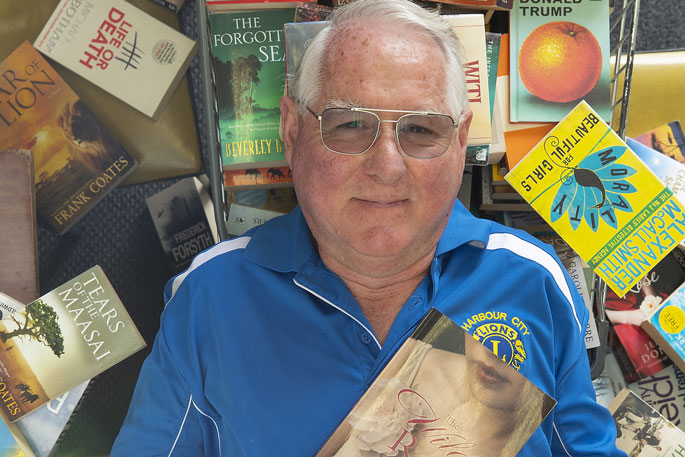“Listening to Books” Becomes More and More Popular in China | Kathmandu Grandstand

By Chen Yuanyuan, People’s Daily
As audiobooks, podcasts, apps that provide audio content, and other new business models have sprung up in China, readers have embraced more possibilities. Many Chinese people now read books, take classes, watch TV dramas and socialize using audio products.
According to the latest annual report on Chinese people’s reading habits, 32.7% of Chinese adults used to listen to audiobooks in 2021.
Today, many publishers are launching new print books along with their digital and audio versions.
In April this year, China’s People’s Literature Publishing House launched the digital and audio versions of the book “The Queen’s Gambit” in Chinese language immediately after the release of its printed version.
“Now we usually deploy the print, digital and audio versions of books at the same timeso whether you are a visual or auditory learner, there is always a choice that suits you best,” said Zhao Chen, director of the publishing house’s digital publishing and technology department.
“Development of digital and audio versions of new books begins when copyright work begins on the content of the books. When we reprint a book without an audio version, we often attach a bookmark with a QR code giving access to its audio version. This way, we can keep updating our products and allow different versions of the book to promote each other’s popularity,” Zhao said.
It should be noted that there is also a growing trend of publishing the print version of books based on audio content. An audiobook created by famous Chinese writer and scholar Yu Qiuyu has been listened to more than 100 million times on Ximalaya FM, an online audio sharing platform in China. The corresponding print book series have also been well received.
A series of children’s science books based on audio content created by Zhang Chenliang, a famous science blogger popular in China, has seen its sales volume exceed 900,000 copies.
As 5G and artificial intelligence (AI) gain traction, text-to-speech (TTS) technology has penetrated every link in audio playback. Audio content created and interpreted by AI, such as novels and current affairs, has gradually emerged and has been used by “we media” accounts and reading applications that provide audio content services.
AI has made it easier to convert printed books into audio products, meeting the growing demand for book listening.
“TTS technology involves deep learning using AI and big data. It can effectively improve the efficiency of audio content production. So far, our audio content created with the latest technologies can difficult to distinguish from the human voice,” said Lu Heng, AI Lab Director of Ximalaya FM.
Although there is a huge stock of paper books, the costs of developing high-quality audiobooks can be quite high, according to Lu, who revealed that a virtual host can record audiobooks with five million Chinese characters per day, reducing costs by more than 90 percent.
With the development of audio playback, radio dramas and other niche categories of audio products have found a wider audience and met people’s diverse needs.
Radio drama is considered “drama to listen to”. It not only allows the audience to listen to a book, but helps them enjoy the rich aesthetic elements of the book by telling a story using human voice, music, and sound effects.
The massive amount of literary works online, intellectual property (IP) with high adaptation value and the progressive improvement of market mechanisms have attracted a large number of professional dubbing studiosclubs, as well as radio drama audiences.
It is not easy to find the most suitable voices for good content, because imitation and melodious voices are not enough for the production of good audio content.
“The production of radio dramas is more like an artistic creation. The whole process, which includes script adaptation, voice selection, content recording, music production and sound mixing, takes six to one year,” said Zhang Yiran, co-founder of ‘a dubbing studio after the 80s, who joined the field out of interest.
Radio drama is still a niche category of audio content, although it has attracted many young people.
“We’re trying more types of radio drama, like sci-fi, suspense thriller, and crime investigation. We hope to provide more choices for the audience,” Zhang said, confident about the development of radio dramas.





